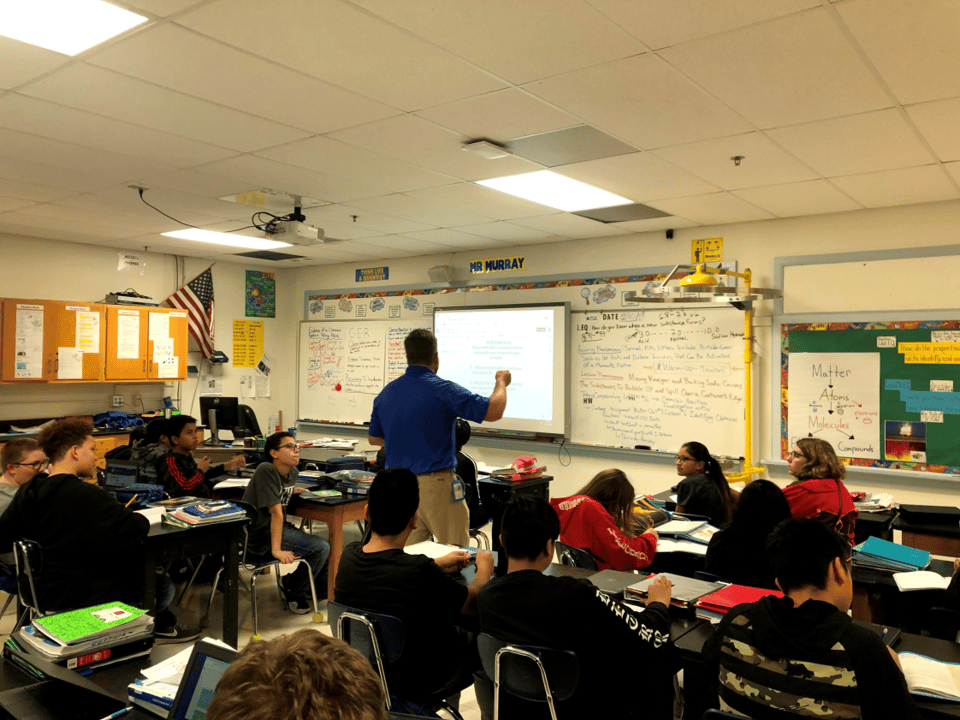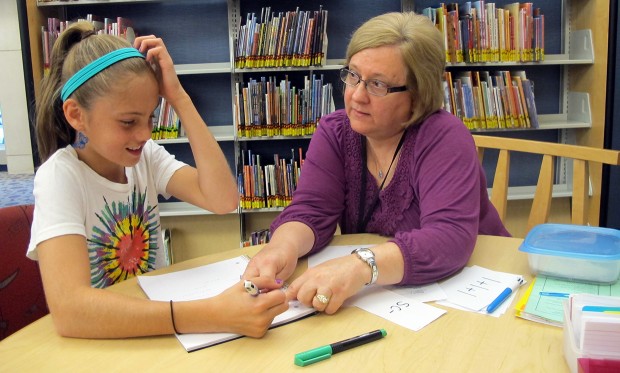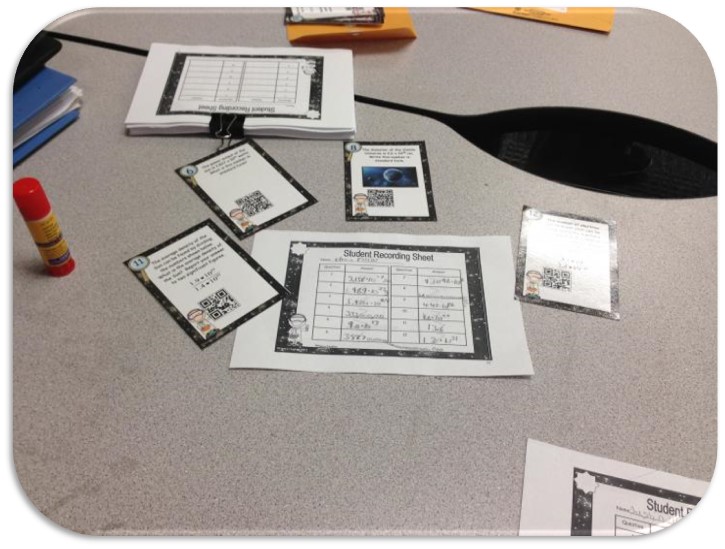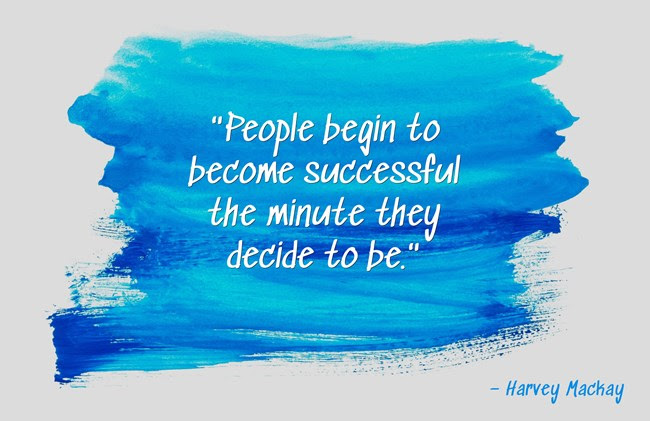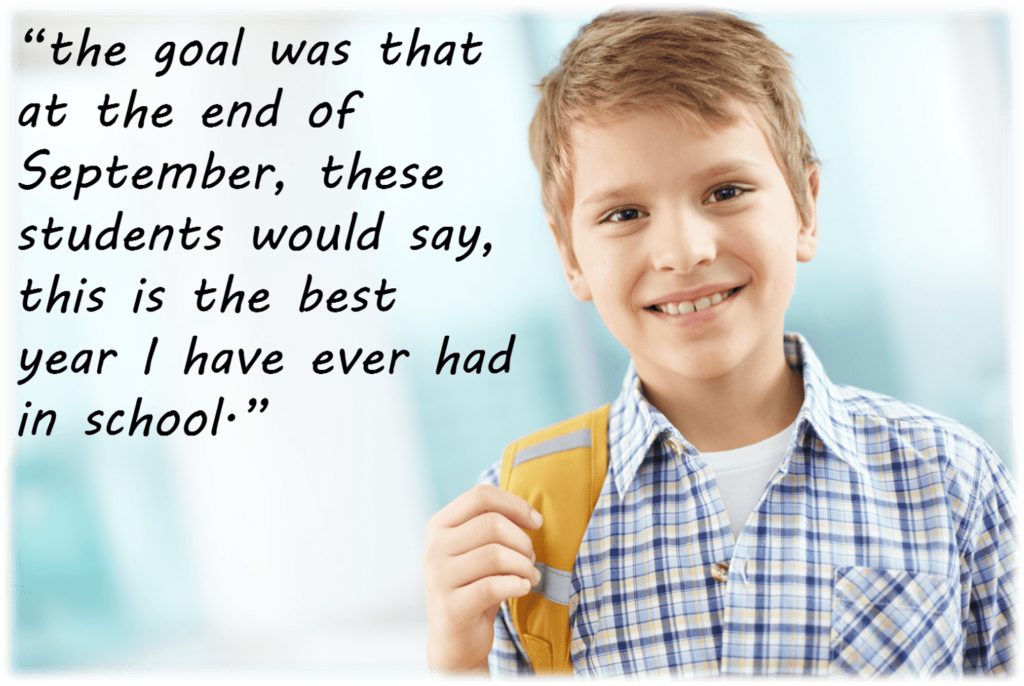Acceleration
Acceleration Strategies and Interventions
Whether you’re looking for additional support for struggling students, or instructional strategies to improve student engagement, Learning-Focused is here to help. Check out our Accelerated Learning 101 guide and our articles below, designed for educators and school leaders looking for proven, data-driven insights, tools, and classroom tips.
Have you ever considered how you approach travel planning may be the same as how you approach curriculum planning? I love traveling, but I must sheepishly admit I think I like planning for it even more. Over the years, I have planned trips with a myriad of people, and I have noticed three distinctive types…
Read MoreFor Instructional Improvement, Address the Knowing-Doing Gap Represented In Instructional Continuums
If learning can be thought of as a continuum or an ongoing journey to improve, adapt, and grow, then so must instruction. After all, instructional improvement, or effective instruction, is largely an outcome of a teacher’s understanding and use of specific strategies, skills, and structures – each ranging in its use and effectiveness. It is…
Read MoreSchools and school districts know the importance of communicating a shared vision of success for their students, staff, and community. This vision often focuses on the idea of preparing students for their future. But what happens to that future when students struggle, year after year, and fall continuously behind? How do we teach all students…
Read MoreHow do exemplary schools use “Reviewing” strategies to increase student achievement? When reviewing for end-of-course tests or final exams, or even unit tests, there are several things to consider doing to reinforce the High-Yield Strategies you already use with students. Now is not the time to revert to the “old way” of reviewing. Students should…
Read MoreWhy are some students reluctant to learn? Experienced teachers will tell you that there are many reasons why a student may be less than enthusiastic about learning, such as hunger, a lack of support at home, feeling emotionally distressed or worried, or a lack of self-confidence. In fact, this last reason can be one of…
Read MoreTechnology has often been seen as a catalyst that would revolutionize education. But whether that technology was papyrus and ink, slate and chalk, the Socratic Method, or a Chromebook, what has remained a constant, proven repeatedly by research, is that technology is only a means to an end and that in itself, does not lead…
Read MoreIn his book, Mind Rules, John Medina describes key principles on how the brain works. One of these principles is “Stressed brains do not learn the same way as non-stressed brains.” Emotional instability can lead to chronic stress and chronic stress affects concentration, language processing, problem-solving, and memory (Medina, 2008). More specifically, children who are…
Read MoreThere has been an ongoing discussion of COVID learning loss: how much learning did students forget from March of 2020 to the school’s return and how effective hybrid or complete remote learning has been since then. In a recent survey, teachers from eight different countries, including the US, reported “that students were on average two…
Read MoreThere are many challenges that face students whose native language is other than English and whose background experiences may have occurred in a different culture and geography. Early experiences may have been rich or chaotic, but regardless, both make up the life experiences of these students. We know that students build new knowledge on previously…
Read MoreA popular viewpoint among educators is that discipline must come before instruction. Because student disruptions create a ripple effect across a classroom, teachers often feel forced to immediately deal with every misbehavior, resulting in a significant loss of instructional time. Teachers report losing as much as 144 minutes of instructional time on average to classroom…
Read More

